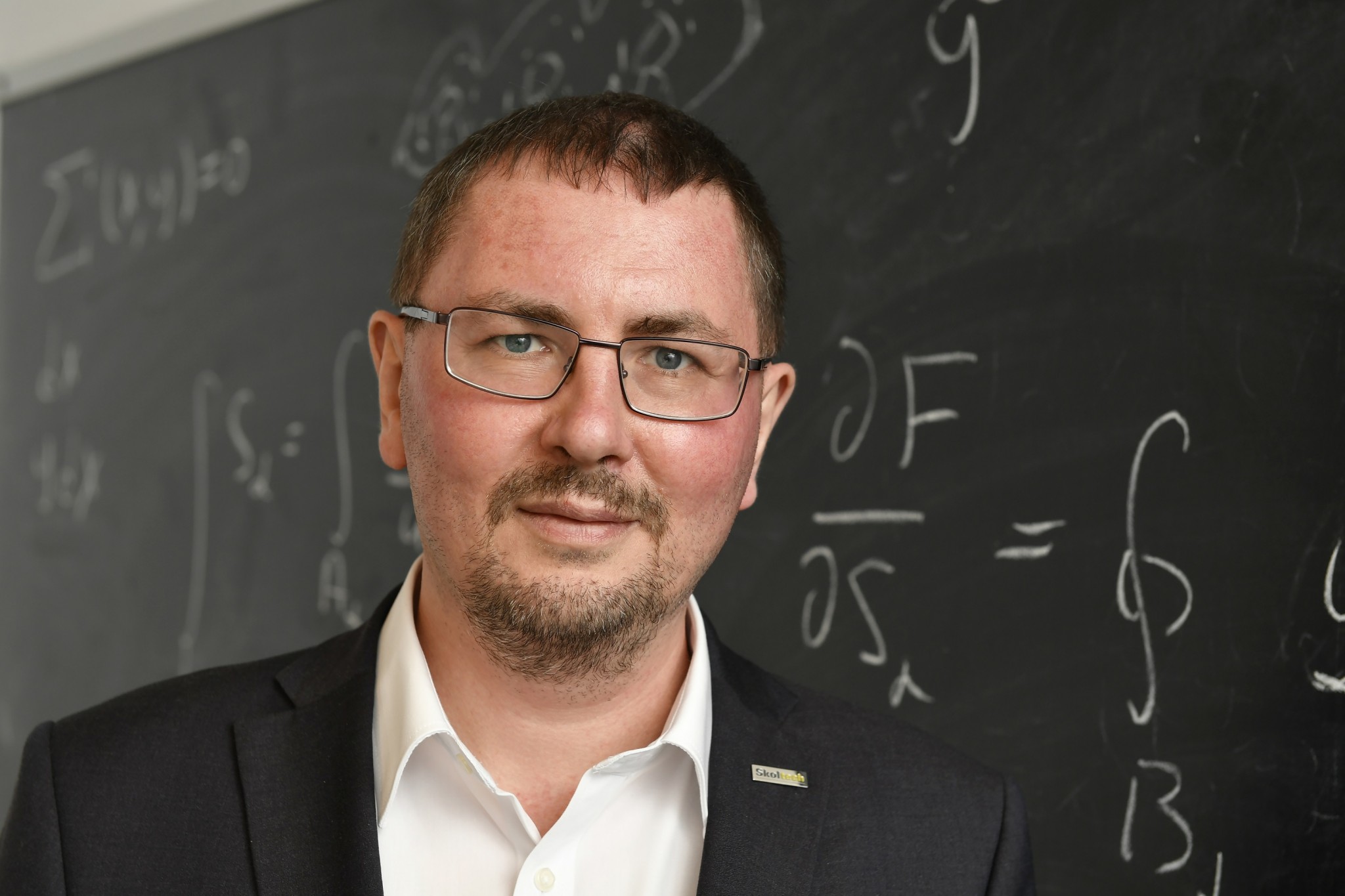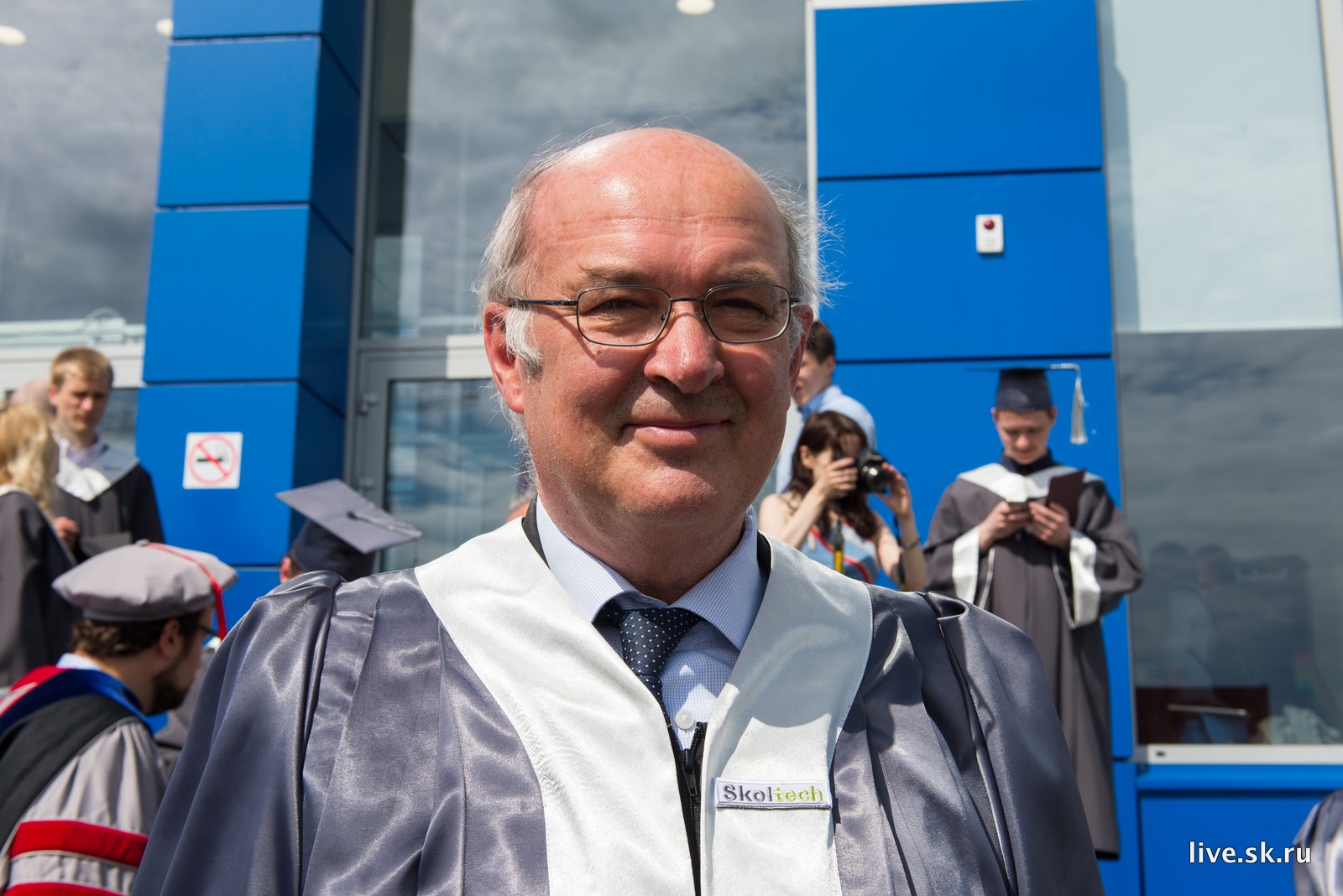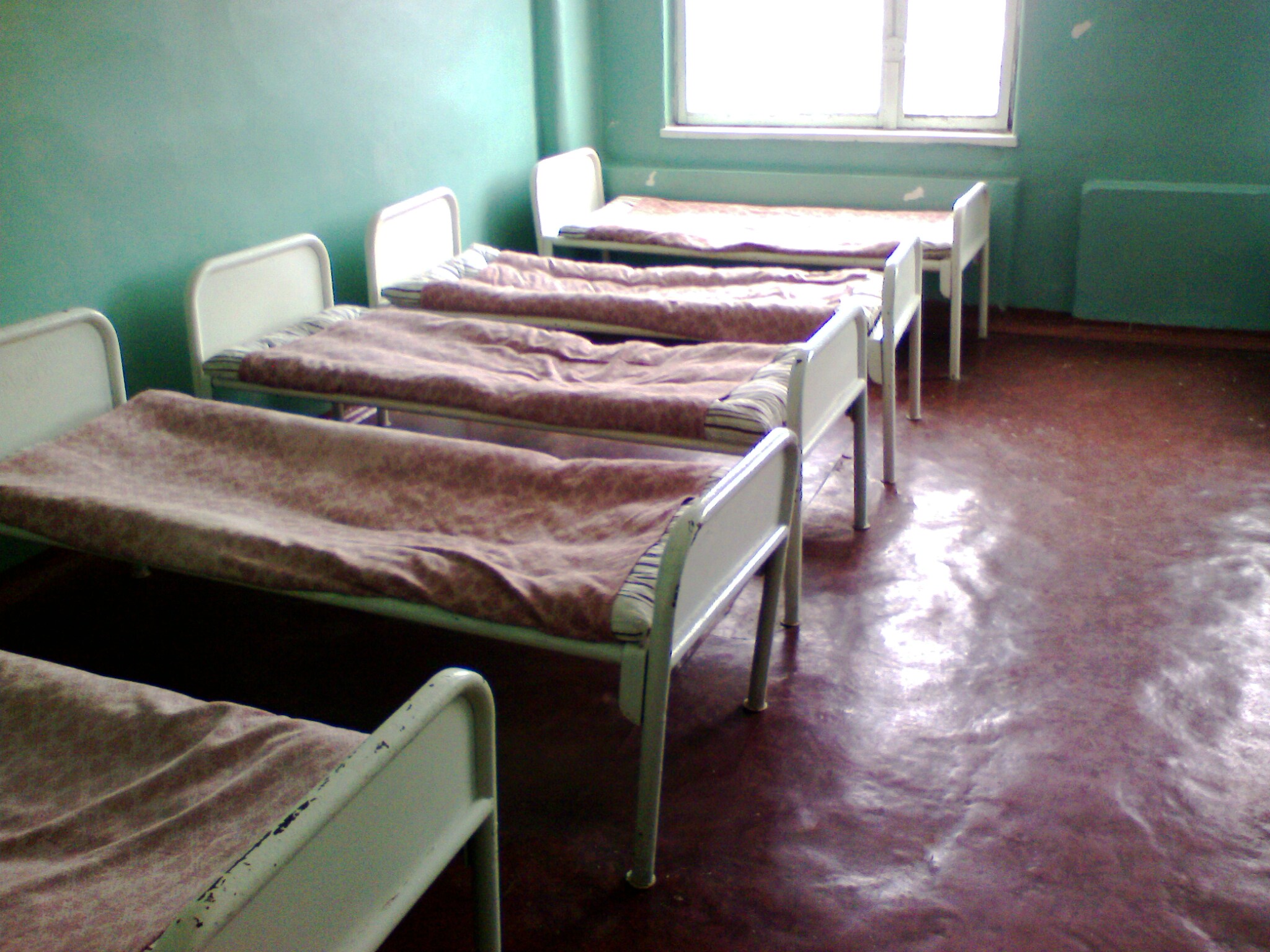
As the fields of healthcare, Artificial Intelligence and Big Data converge, medical professionals and data scientists envisage a healthier global population with robust capabilities to prevent diseases before the onset of symptoms. Photo: Канопус Киля // Wikimedia Commons.
Could a computer one day work alongside your doctor to make sure that your diagnoses and treatment plans are optimal, and that your medical data is secure?
Doctors have done so well to transform healthcare into a deductive process that they might just have set things up for the greatest automation of a profession seen since the industrial revolution. At least a large part of it.
We’re entering a new era of medicine, where computers may be more trustworthy than your local physician. They are even able to learn from their mistakes.
The process of diagnosis lends itself well to an emerging field of machine learning, called deep learning. Specifically, a machine can be trained to make an (ideally) optimal decision based on input data. This data can be of exactly the same type that your physician takes into account. Interesting, deep reinforcement learning, can be trained in retrospect – in other words, not only can a deep learning machine be trained to diagnose patents, this machine can later return and learn from its past diagnoses. Not only that, but deep reinforcement learning takes into account more data than a human doctor could keep track of.
From outbreaks of pandemic diseases to the consequences of a sedentary lifestyle, we are inundated daily with grim prognoses of the latest global health scares.
But while the majority of researchers and health workers focus on finding medical cures or preventative solutions to these plights, a growing number of specialists are zeroing in on the power of Artificial Intelligence to devise a big-picture global health strategy.
“We can use Artificial Intelligence (AI), big data and predictive analytics to determine what our biggest global health priorities should be,” said Professor Maxim Fedorov, Director of the Skoltech Center for Computational and Data-Intensive Science and Engineering.
Fedorov used the term Big Health to describe the convergence of health and Big Data. His work on the applications of computational technologies in these areas has garnered international recognition, most recently having led to an invitation to speak at the World Health Summit in Berlin in mid-October.
“Big Health is the use of Big Data-related technology to have a favorable impact on the health of the global population,” Fedorov said in a recent interview.
In his view, programming super-powered computers to trawl through gargantuan data sets will have myriad benefits.
Curbing the potentially deadly consequences of data mishandling
Whether due to hacker attacks or faulty physical storage systems, vulnerable patient health data is under constant threat.
England’s National Health Service (NHS) lost more than 500,000 pieces of patient data between 2011 and 2016, The Guardian reported. These documents ranged from routine test results to diagnoses.
Forbes reported that in 2015 alone, 10 data breaches brought about the collective loss, theft or inappropriate disclosure of some 111 million American medical records.
Jarring doctor-patient confidentiality violations aside, data mismanagement can have dire and even fatal consequences, particularly in the event that a diagnosis is misplaced before reaching a patient. Big Health technologies can be used to secure and streamline the management of all such data.
Preventing fraud
The healthcare industry has traditionally been a hotbed for fraud.
Data mismanagement can lead to medical identify theft, where criminals use an individual’s personal information to fraudulently acquire prescription drugs or medical services. The Medical Identity Fraud Alliance, an advocacy group, reported in November 2016 that medical identity theft is rapidly increasing, and that the typical victim suffers $13,500 in out-of-pocket costs.
For society as a whole, insurance fraud figures across all sectors are staggering; Advocacy group the Coalition Against Insurance Fraud estimated that insurance fraud results in the theft of some $80 billion a year in the United States.
By definition, transferring patient and insurance data to computers would remove the human element from the equation, slashing fraud losses.
Encouraging early action and preventative medicine
Amid the proliferation of health-related hardware and smartphone sensors it will likely soon be possible for consumers to use the devices they have at home to determine whether they are at particularly high risk of suffering a plethora of health issues.
Many smartphones already contain sensors that can tell users how many steps they have walked in a day, or that can monitor sleep, exercise and other activities.
In Fedorov’s view, this is only the beginning.
“If your typical smartphone had a few more sensors, users could monitor their health on a daily basis,” he said. “This way, people could learn before experiencing any physical symptoms that they need to visit a doctor.”
Helping societies prioritize healthcare initiatives
“Big Health technologies can be used to analyze the risks and impacts of various factors – medical, environmental, sociological, economical, etc. – in a population,” Fedorov said. “They can help us to understand what the best practices are that could make the largest favorable impact on the overall health of a population with minimal financial investments.”
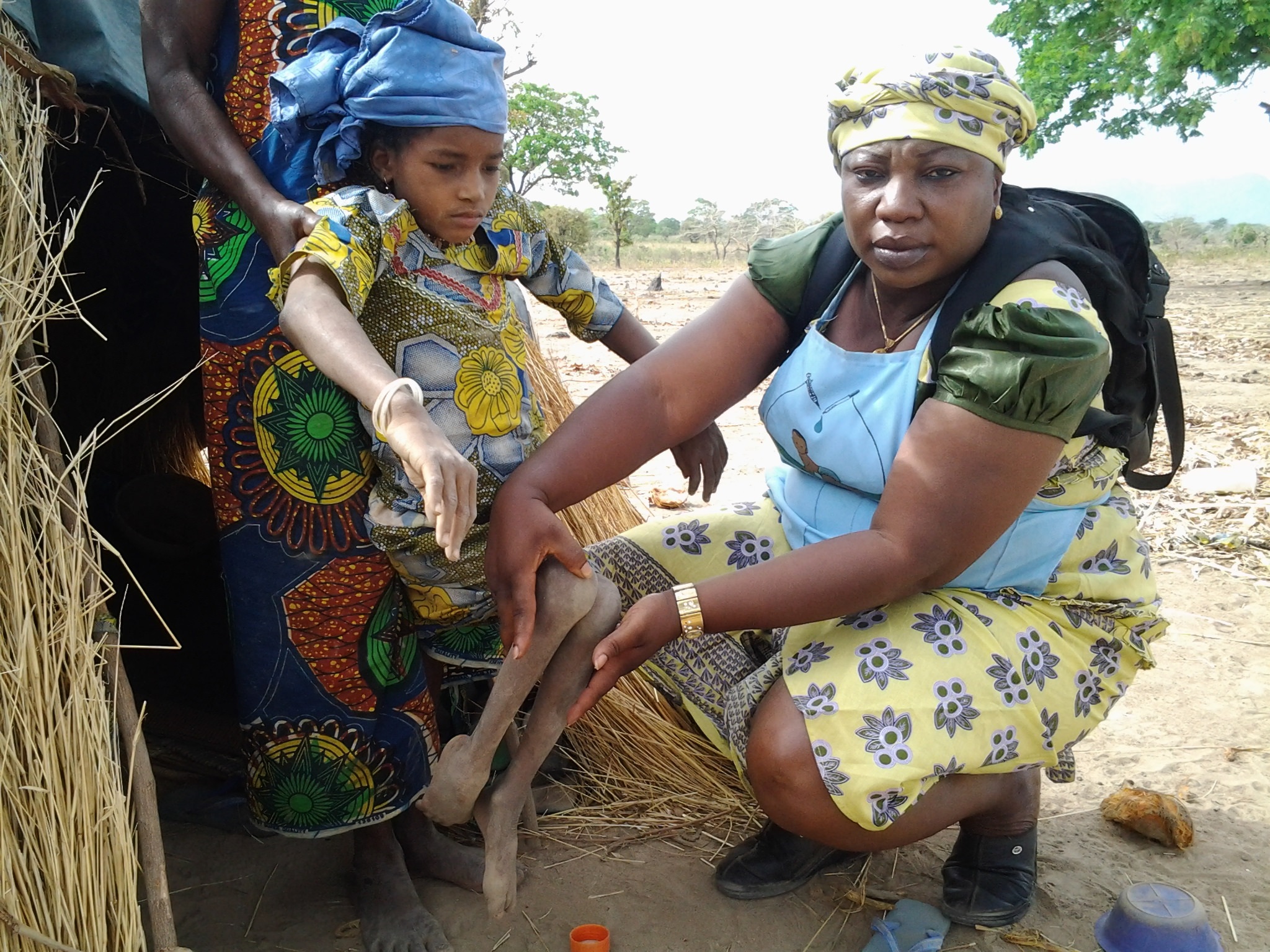
Big Data and Artificial Intelligence can help policymakers determine which healthcare initiatives they should prioritize to most efficiently bolster public health. Photo: Skoltech.
In other words, by scanning masses of data, computers could determine whether it’s more important when planning public health initiatives that a society focuses on discouraging cigarettes and alcohol, or encouraging sunscreen and increased fruit and vegetable consumption.
“Statistics show that some countries are very effective in improving their global health rankings, like Peru for example, which has famously improved its national healthcare with limited financial resources. However, there are other countries that have invested lots of money into healthcare without a visible impact. So the question is how to prioritize healthcare initiatives,” he added.
Providing reliable and comprehensive second opinions
It is routine practice for a patient to seek a second opinion upon receiving a medical diagnosis with varying treatment options.
A recent study conducted by the Mayo Clinic in the United States revealed that some 88 percent of patients diagnosed with complex conditions change their treatment plans and/or lifestyles upon receiving second opinions. Only 12 percent of second opinions confirm the correctness and completeness of original diagnoses, according to the study.
Second opinions would be all the more comprehensive if generated by a computer with access to all data related to a given diagnosis.
“Computers will not replace doctors, but they can be used to help doctors make fewer mistakes and to give them more options,” Fedorov said.
Skoltech enters the playing field
To bolster the rapidly emerging field of Big Health, researchers from Skoltech and the Russian branch of electronics giant Philips recently announced plans to launch a joint program in the areas of AI, Machine Learning and Image Processing for healthcare applications.
As part of the program, selected students from Skoltech will be invited to conduct internships and research projects under the joint supervision of Skoltech faculty members and scientists from Philips Innovations Labs RUS.
The partnership will create opportunities for students to conduct cutting edge research in niche areas ranging from predictive modeling of health conditions to automated analyses of diagnostic images.
Skoltech Provost Rupert Gerzer, an award-winning space medicine scholar and one of the key forces behind the Philips-Skoltech partnership, explained why in his view the merging of medicine and big data offers boundless potential.
“Medicine will profit tremendously from progress in data management. It is the old dream of medicine to prevent the occurrence of diseases rather than trying to treat their consequences. The new possibilities of analyzing the mass data of individuals, making personalized predictions and suggesting personalized treatment through non-invasive diagnostics and machine learning techniques will bring humankind an important step closer to this dream,” he said.
He added that advances in this area will help us address the many problems associated with aging populations: “The enormous future challenges of medicine in increasingly aging societies will make it necessary to use all possible help to allow medical practitioners to focus on complex problems and to improve their capabilities of being personal and compassionate partners, whose competence is dramatically improved through artificial intelligence.”
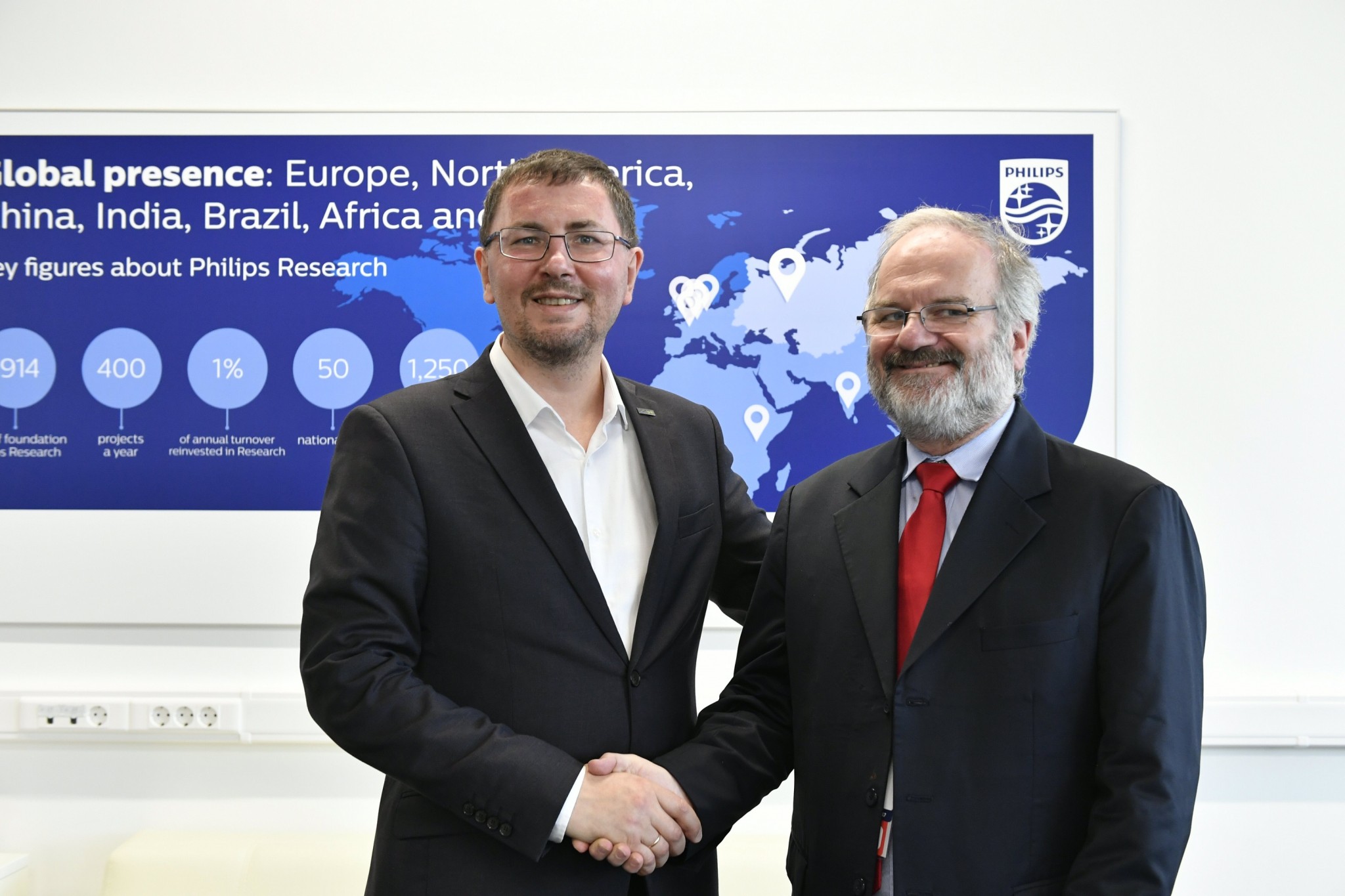
Skoltech Professor Maxim Fedorov with Dr. Hans-Aloys Wischmann,
Innovation Program Manager for Philips Research, who is responsible for the Philips-RUS lab, pictured during the event where they announced plans for joint research programs at the interfaces of health, Machine Learning and Big Data. Photo: Skoltech.
